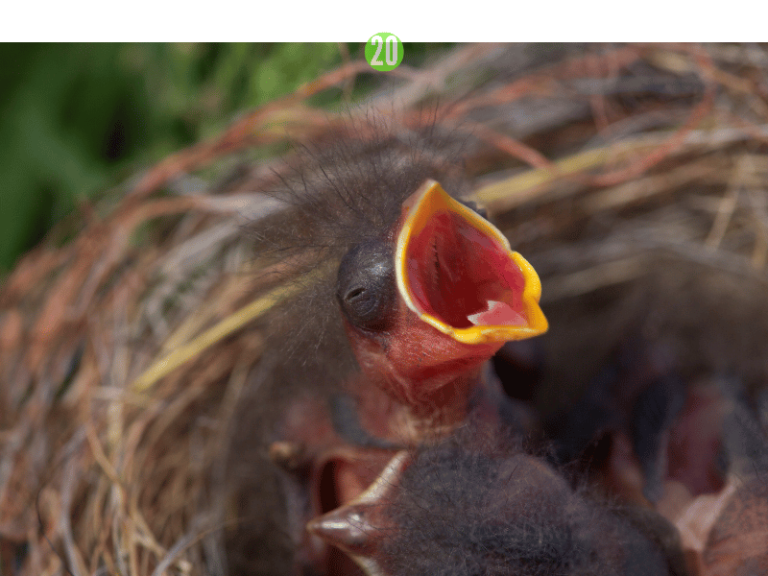In nature, hearing birds singing their hearts out can uplift one’s mood, adding much joy and a unique flavor to life. In daily life, humans use language to express their thoughts and feelings to one another. Similarly, bird songs play a significant role in their lives.
There are many kinds of birds, and their songs differ. Some can sing various melodious and pleasant sounds; some songs are short but light and lively; some are particularly monotonous and dull, lacking musicality, making them unpleasant to hear. Among birds, the most melodious and beautiful songs are sung by songbirds.
Bird singing can be divided into two different situations: one is called bird song, mostly occurring during the breeding season, and this phenomenon is mainly exhibited by male birds; the other is called call, which is everyday singing for self-amusement.
Whether the bird calls are short or complex, pleasant or not, they are the result of long-term adaptation to the natural environment and are a physiological phenomenon that is of great significance to bird life.
This is reflected in several aspects: calling is a mating behavior. At this time, birds don bright plumage, and their calls become more frequent and melodious than at any other time. For example, skylarks and larks return from the south to the grasslands of northwest, northeast China, and Inner Mongolia in early March each year, beginning their annual singing. Early April is their mating period, the peak of their singing. They sing and dance, sometimes reaching heights of over 100 meters. After dancing several circles in the sky, they quickly descend, return to their original spot, and mate with the female birds. Throughout the breeding period, their singing rarely stops, but after the breeding season ends, their singing temporarily ceases. From this example, we can see that bird singing revolves around breeding activities.
Calling is a protective and defensive reaction. When birds search for food in dense forests or migrate at night, calling helps maintain contact between individuals. For instance, when geese migrate north in spring and south in autumn, if they encounter wind and rain, we often hear the calls of lost geese, which is a signal to contact the main group.
Bird calls can warn of enemy attacks, achieving self-defense, or attract prey, aiding individual survival. For example, when geese rest at night and hear a predator or suspicious sound, they immediately call to alert others. Similarly, domestic geese guarding the house will not only call but also stretch their necks to attack when strangers enter.
Calling is also a signal for food, mainly referring to young birds. When the adult birds do not feed the young for a long time, the hunger stimulus can cause them to call. For example, the young swallows or sparrows living under eaves often call continuously until the adult birds return to the nest to feed them, after which they quiet down.

